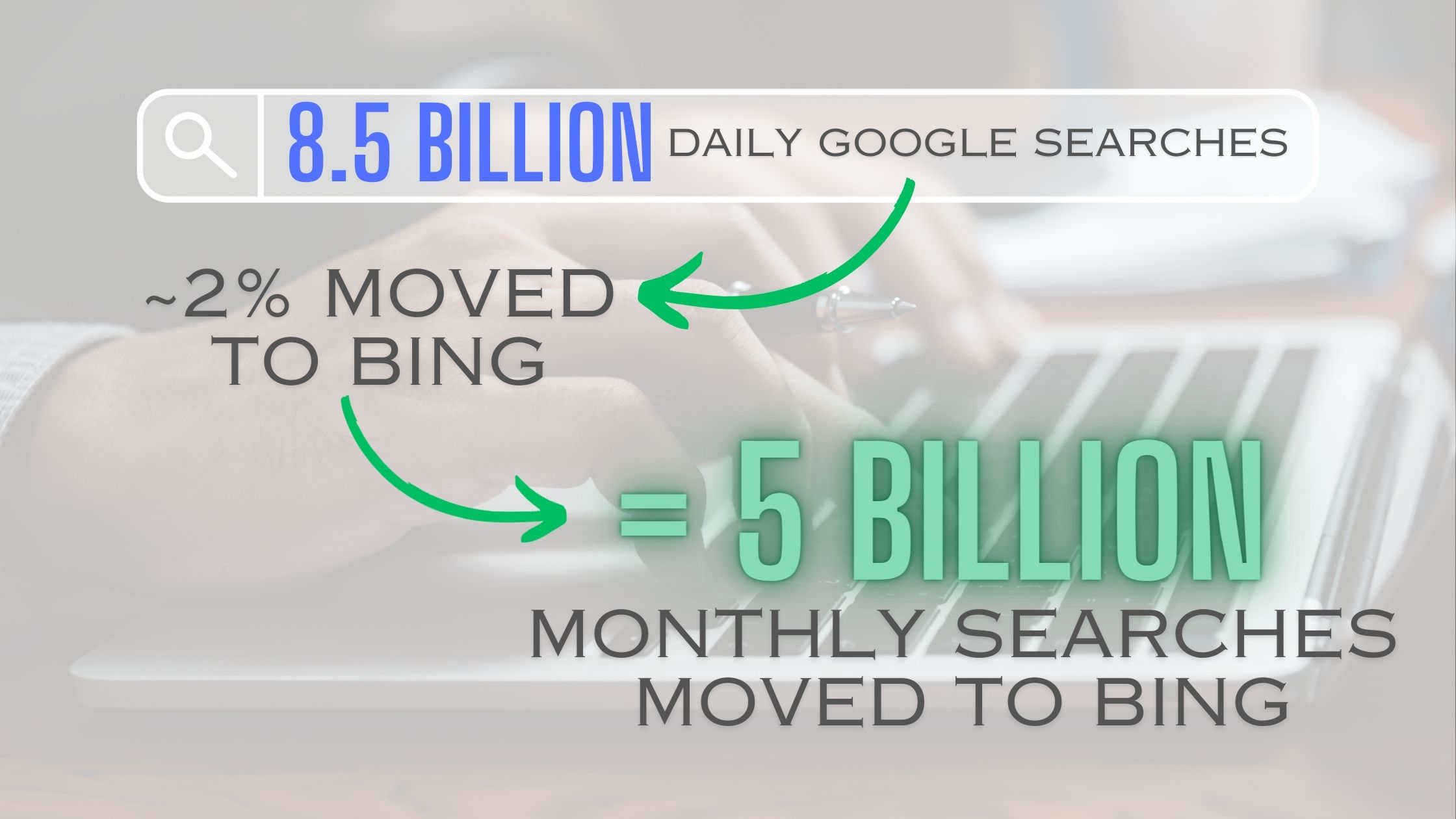
Now if you want the basics on Writing for the Web, usability.gov offers a great summary, so there’s no use spinning it again here. Instead, let’s dig into methods that make your actual writing better. This isn’t SEO, but more how to make written content easier to digest. At the end of this post, we’ll give you a few word choice tips that many people miss.
Want expert content marketing? Call us at (443) 475-0787 or Contact Us online.
When writing for anything, it might be wise to consult a little book authored by William Strunk, Jr. in 1959. Titled The Elements of Style, this slim reference contains nuggets of gold on every page. Even in our hurried digital existence, Strunk’s words ring true:

So as Strunk says, be ready to defend every word you write – every syllable even. For instance, instead of using the word “however” can you get away with “still”?
Read It Out Loud
This exercise helps weed out unnecessary words. When you read your writing aloud, you pick up terms that have been repeated too many times. Hearing how your article sounds lets you sense rhythm and flow. Sometimes you actually have to add words to make a sentence sound just right.
Use Online Tools
One of our favorites is the Hemingway App. This dandy tool advises you about things such as readability, passive voice, and complex sentences. When using this app, don’t toss common sense aside. If you can squarely defend what you wrote, ignore the app’s advice. With time, using this tool makes you a better writer even when you don’t consult the app.
Tell A Story
Writers groan when they hear this advice. Either because it’s too hard or they’re sick of hearing it. Still, you can accomplish this with a few tiny tricks that help keep people on your page. In the first paragraph of this post we find a little phrase, “At the end of this post…” This is storytelling. It’s foreshadowing something interesting that happens later.
Sometimes storytelling might be more direct, but this little phrase may hold their attention just a bit longer.
The End
As promised, here are some word choice tips you might never have thought of:
“Flush out” means to drive something out of hiding.
“Flesh out” means to complete something.
“Irregardless” is not a good word choice, regardless of what you might believe.
Also, whenever possible, omit the words that, will and help. For example:
“Using online tools can help you become a better writer.”
VS.
“Using online tools makes you a better writer.”
“Writing well will impact your conversion rates.”
VS.
“Writing well impacts your conversion rates.”
Happy writing!
Transform your blog into a sales machine. Call us at (443) 475-0787 or Contact Us online.







